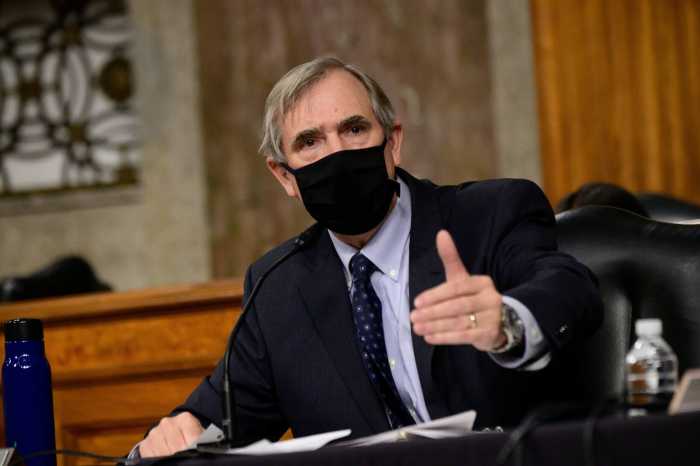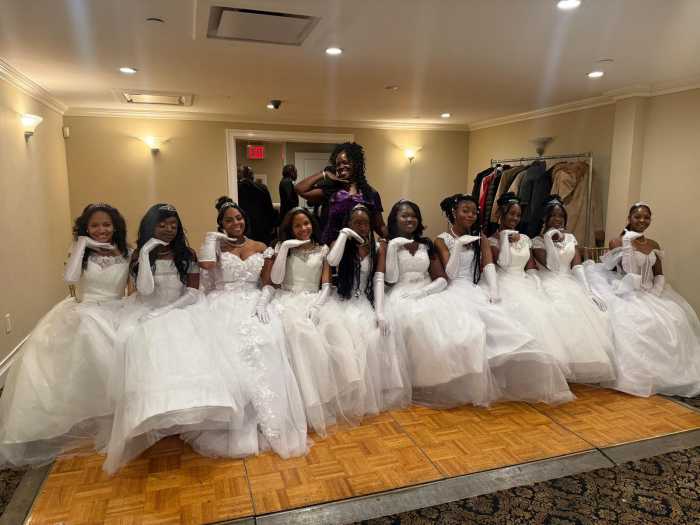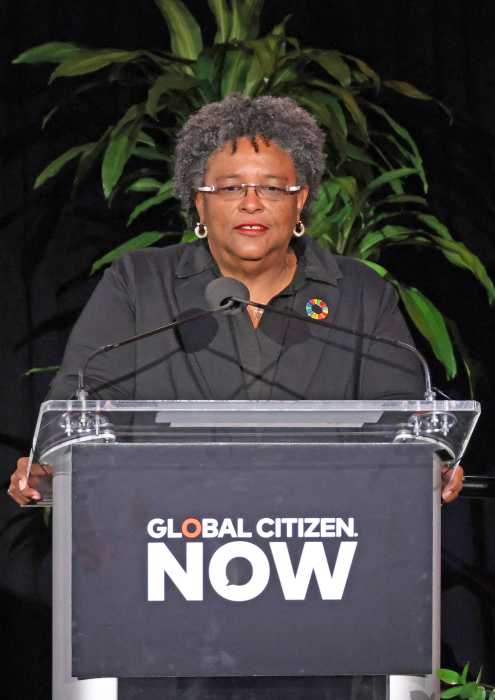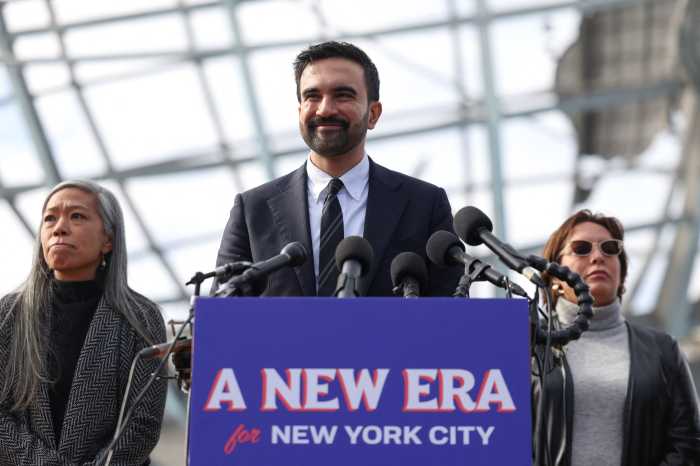Judge Jane Magnus-Stinson of the federal district court in Indianapolis, Indiana, ruled on July 12 that the Brownsburg Community School Corporation did not violate music teacher John Kluge’s statutory rights under Title VII of the federal Civil Rights Act of 1964 when it effectively discharged him for his refusal to comply with the school’s requirement that he address transgender students by their names and pronouns. Granting summary judgment in favor of the School, Judge Magnus-Stinson determined that allowing Kluge to address all students by their last names and to avoid using pronouns was not a “reasonable accommodation” to his religious beliefs.
The judge had previously dismissed Kluge’s claims that the School violated his First Amendment rights of free exercise of religion and freedom of speech in a ruling on January 8, 2020, but she had denied the School’s motion to dismiss his Title VII claims at that time.
Kluge began working as a music teacher and orchestra leader at Brownsburg High School in August 2014, and by all accounts was a successful and effective teacher – at least until the issue of transgender names came up. In 2016, the US Education Department sent a “Dear Colleague” letter to public school officials throughout the nation advising them on its position that under Title IX of the Education Amendments of 1972, transgender students were entitled to be addressed by their first names and pronouns. This letter was sparked by Gavin Grimm’s lawsuit against Gloucester School District in Virginia, which had adopted a rule barring the transgender boy from using the boys’ restrooms at the high school. The Obama Administration had granted a request by Grimm’s ACLU attorneys to notify the court of the administration’s position on Grimm’s Title IX rights.
The Brownsburg school administration came to grips with this issue in the spring of 2017, as some transgender students were expected to attend the high school. The school used a database called PowerSchool to maintain student records. The School Corporation implemented a “Name Policy” to take effect in May 2017, requiring all staff to address students by the name that appeared in the PowerSchool database. Under the policy, transgender students could change their first name in the database by presenting a letter from a parent and a letter from a health care professional concerning the need for a name change. A change in gender marker and pronouns on the database could go along with the name change.
Kluge “identifies as a Christian and is a member of Clearnote Church, which is part of the Evangel Presbytery,” wrote Judge Magnus-Stinson in her 2020 opinion. Kluge is a “church elder,” holds leadership positions in the church, and is a worship group leader. “Mr. Kluge’s religious beliefs ‘are drawn from the Bible,’ and his ‘Christian faith governs the way he thinks about human nature, marriage, gender, sexuality, morality, politics, and social issues,’” Kluge stated in a document filed with the court. “Mr. Kluge believes that God created mankind as either male or female, that this gender is fixed in each person from the moment of conception, and that it cannot be changed, regardless of an individual’s feelings or desires.” Under his beliefs, he would be sinning if he encouraged a student’s gender dysphoria by calling them by a name inconsistent with their sex as assigned at birth.
Kluge notified the high school principal that he could not comply with the Name Policy, and was told he had three options: comply, resign or be discharged. He proposed a compromise: that the school accommodate his religious beliefs by allowing him to call all students by their last name and avoid using pronouns. The school authorities agreed to let him do this, but at the end of the fall semester, they told him it wasn’t working and although they would let him finish out the school year under that arrangement, he would be expected in future to comply with the policy or to resign. He believed he was told that he could submit a conditional letter of resignation and it would not be acted upon until the end of the spring semester, but the letter he submitted said nothing about being conditional, and at the end of the semester, as he indicated continued unwillingness to comply with the Name Policy, his resignation was accepted.
Kluge claimed he had been discharged for his religious beliefs and filed suit, claiming violations of the First Amendment (and analogous provisions of the Indiana Constitution) and Title VII and parallel state laws.
Judge Magnus-Stinson granted the School’s motion to dismiss the constitutional claims, finding that Kluge’s First Amendment rights of free exercise of religion and freedom of speech were not implicated in the case. The Name Policy, she found, was a neutral, generally applicable policy, and he had no constitutional right under the religious freedom clause to refuse to comply with it. Similarly, she found, the language he was required to use in addressing students was not protected political speech of a private citizen, but rather was speech incidental to performing his duties as a teacher, and thus subject to regulation by the school. She also rejected his argument that the Name Policy violated the Due Process Clause on grounds of vagueness, pointing out that he was not required to make any judgment, just to use the names and gender designation as they appeared in the school’s database.
But Judge Magnus-Stinson found, based on the allegations Kluge made in his complaint, that he had stated a claim of religious discrimination (failure to accommodate) and retaliation under Title VII, so the case proceeded to discovery. After discovery was completed, the school moved for summary judgement, which was granted on July 12.
The question under Title VII was whether the accommodation that Kluge demanded imposed an “undue hardship” on the School. The judge decided that it would. “Mr. Kluge’s religious opposition to transgenderism is directly at odds with BCSC’s policy of respect for transgender students, which is founded in supporting and affirming those students,” she wrote, finding that “the undisputed evidence in this case demonstrates that the last names only accommodation indeed resulted in undue hardship to BCSC as that term is defined by relevant authority.”
Transgender students had filed declarations with the court showing that “Mr. Kluge’s use of last names only — assuming, only for the purposes of this order, that Mr. Kluge strictly complied with the rules of the accommodation — made them feel targeted and uncomfortable.” One of the students stated that they “dreaded going to orchestra class and did not feel comfortable speaking to Mr. Kluge directly. Other students and teachers complained that Mr. Kluge’s behavior was insulting or offensive and made his classroom environment unwelcoming and uncomfortable.” One transgender student “quit the orchestra entirely.” According to news reports (but not the judge’s opinion), students also complained that Kluge occasionally slipped up and misgendered trans students by using “Mr.” or “Ms.” to address them.
Thus, the court found, “this evidence shows that Mr. Kluge’s use of the last names only accommodation burdened BSCS’s ability to provide an education to all students and conflicted with its philosophy of creating a safe and supportive environment for all students.” The court also noted the possibility that allowing Kluge to continue with this “accommodation” might subject the school to liability to the transgender students under Title IX, an issue which came into even clearer focus after the Biden Administration began by revoking the Trump Administration’s position that Title IX does not protect transgender students, and then issuing a formal interpretation applying the Supreme Court’s Bostock decision to the interpretation of Title IX, as several federal courts had done during 2020 despite the Trump Administration’s position to the contrary. In addition, the Seventh Circuit was the first federal appeals court to recognize a transgender high school student’s right to use facilities consistent with their gender identity under Title IX, so the application of that statute to a gender identity discrimination claim is a binding precedent on the Indiana district court.
Judge Magnus-Stinson also rejected Kluge’s retaliation claim, finding that because his refusal to comply with the Name Policy was not a protected activity under Title VII, the school’s discharge of Kluge for his opposition to the policy could not be the basis for a retaliation claim.
Judge Magnus-Stinson noted that between the time she issued her earlier order dismissing Kluge’s constitutional claim and the date of this new decision, the US Court of Appeals for the Sixth Circuit had issued a ruling accepting a similar constitutional claim by a public university professor who was disciplined by the school administration for actually misgendering transgender students in the classroom, after having agreed not to do so by avoiding using first names and pronouns in class. Indiana is in the Seventh Circuit, so the Sixth Circuit’s ruling was not binding on an Indiana district court.
“Interestingly,” noted Judge Magnus-Stinson, “the case upon which Mr. Kluge so vehemently relies as to the objective conflict issue, could fairly be read to support the existence of an undue hardship” on the school. “In describing the relevant facts, the Sixth Circuit called the university’s suggestion that the professor eliminate all gendered language ‘a practical impossibility that would also alter the pedagogical environment in his classroom’ and noted that the professor was of the opinion that ‘eliminating pronouns altogether was next to impossible, especially when teaching.’”
Press attention to Judge Magnus-Stinson’s ruling may attract the attention of the anti-LGBTQ organizations that frequently take cases like this one, such as Alliance Defending Freedom or Liberty Counsel, which might result in an appeal to the Seventh Circuit.
Judge Magnus-Stinson was appointed by President Barack Obama in 2010.

















